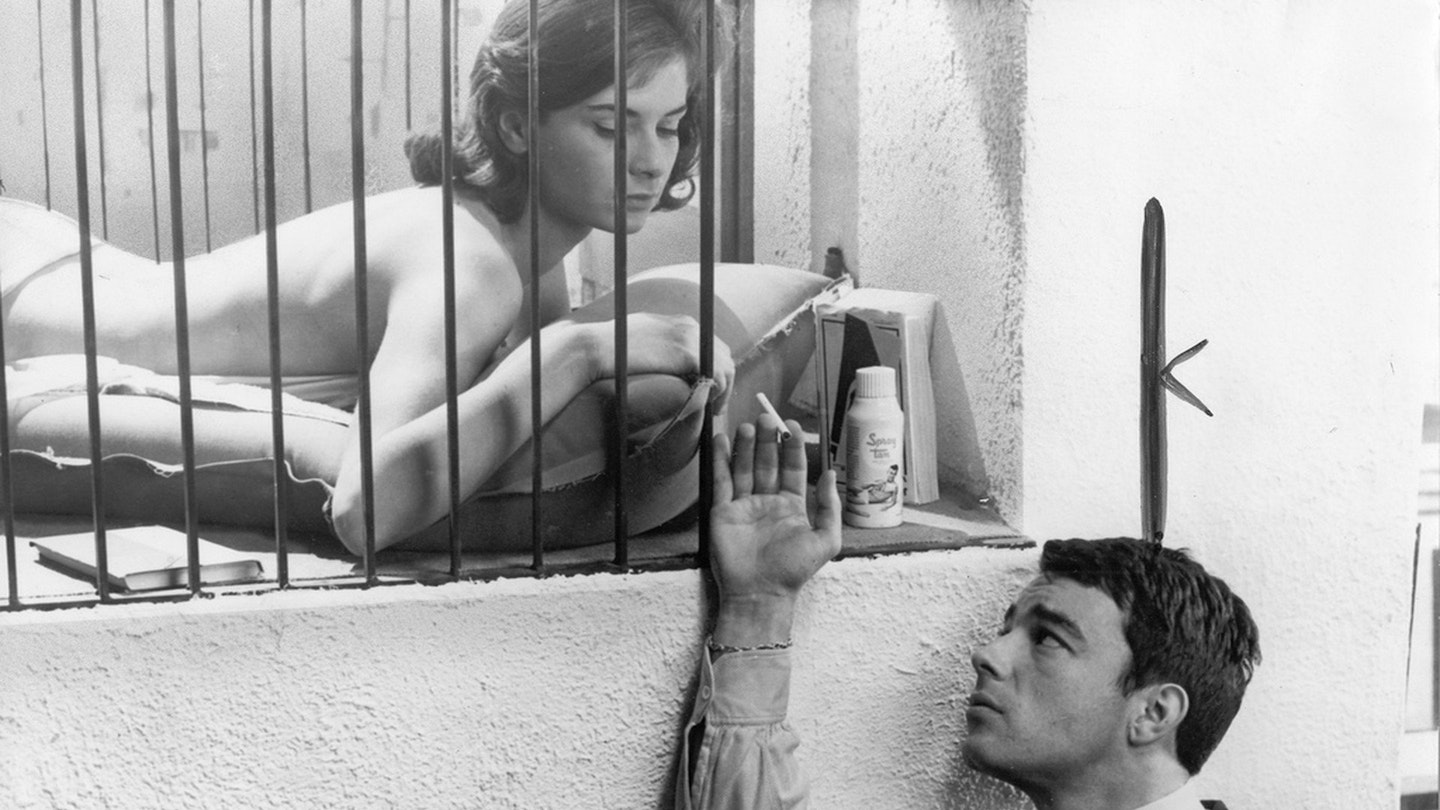Made for a mere $160,000, Claude Chabrol's second feature won the Golden Bear at Berlin. In many ways, it's a mirror image of his debut, Le Beau Serge — although its scenario was actually devised first — in which Jean-Claude Brialy returns to his rural village to have his life destroyed by his alcoholic childhood friend, Gérard Blain. Indeed, Chabrol slips another sly reversal into Les Cousins, by casting Claude Cerval, who had previously played the priest, as the irredemably wicked Clovis.
But such doublings and inversions were all part of Chabrol's grand design to contrast Blain's self-deceiving dullard with Brialy's decadent dastard and Cerval's cynical schemer with Guy Decomble's priggish bookseller. It's a typically Hitchcockian tactic. But Fritz Lang also seems to have been an influence on the film's sense of foreboding and its expressionist lighting. Indeed, the use of Wagner and the fascistic nature of the cousins's apartment (which belongs to their unseen Uncle Henry) only reinforces the action's Germanic aspect.
Yet, Chabrol's own distinctive voice and vision clearly emerge in the way in which he employs compositional harmony and smooth camera movements to depict a fragmenting situation. Moreover, he also dispenses with the Cahier du Cinéma checklist of ticks and preoccupations that still infatuated his fellow New Wavers, although, rather than being a conscious rejection, this could reflect the input of co-scenarist Paul Gégauff (who would become Chabrol's most effective collaborator).
The emphasis on duality and reversal continues in the cousins' attitude to Juliette Meyniel, as neither she nor Blain is prepared to change their entrenched natures to embark on a potentially beneficial relationship. Thus, she remains footloose and slips into Brialy's bed before succumbing to Cerval. And it's the sight of them together than prompts Blain to commence the accidental game of Russian Roulette that provides the picture's fatal final pairing of action and reaction.
